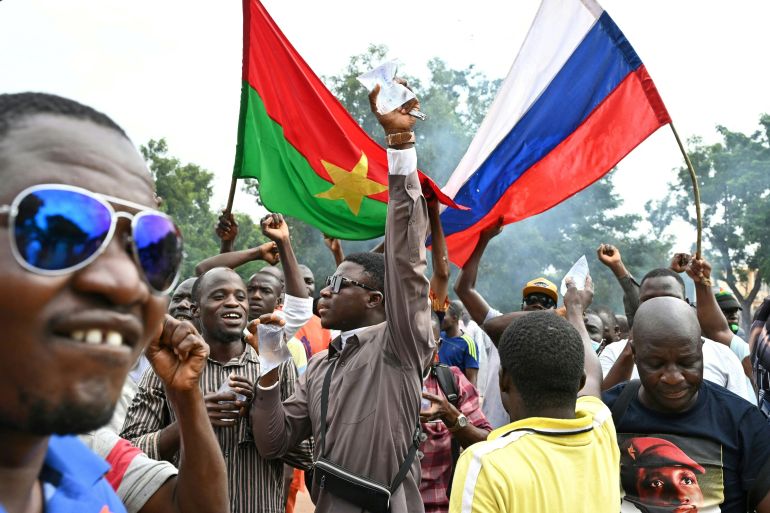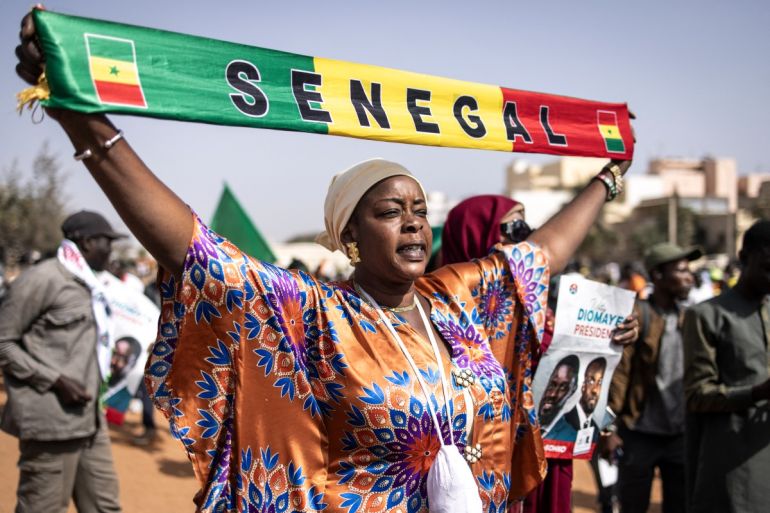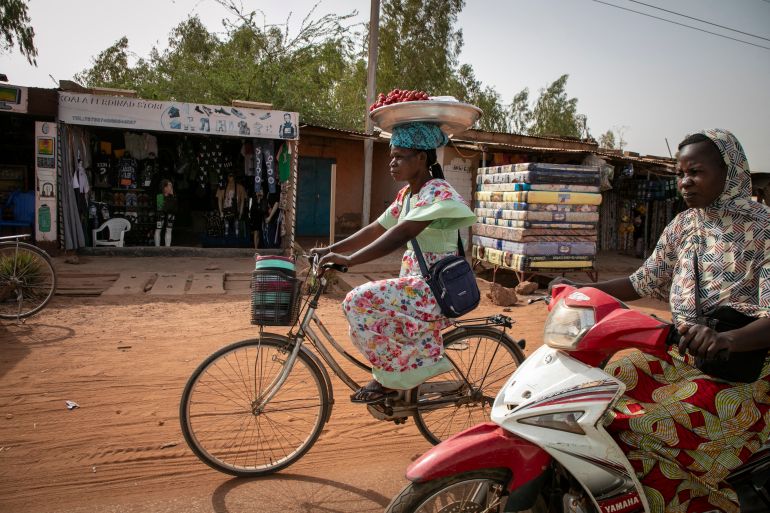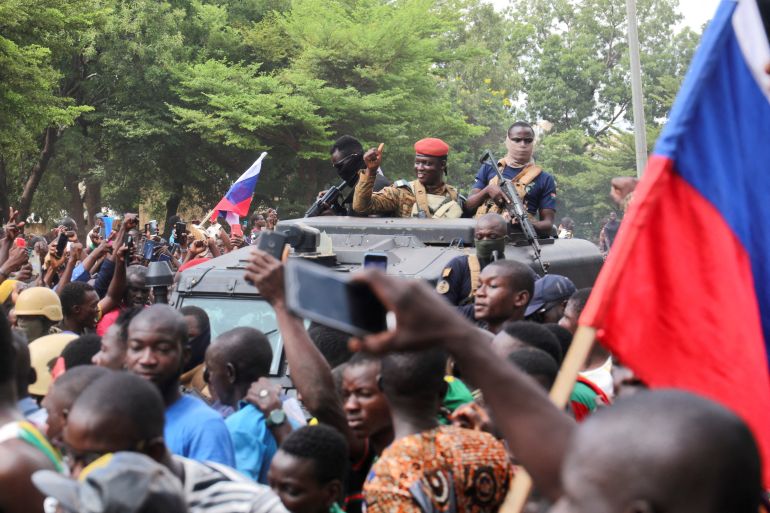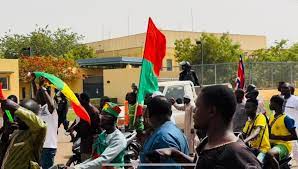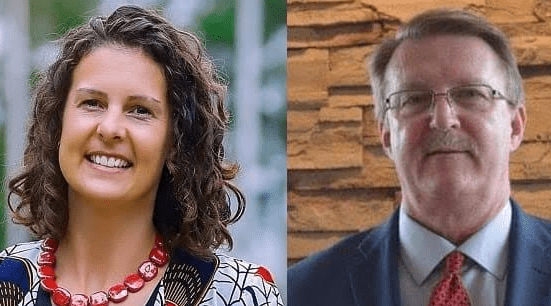
Burkina Faso: A Country in Crisis
Burkina Faso, a West African nation, has been grappling with the challenges of terrorism and political instability for over a decade. In recent months, allegations of civilian massacres by the military have added to the country's woes.
According to Human Rights Watch (HRW), in February 2024, more than 220 civilians, including women and children, were killed in the villages of Soro and Nodin. HRW accused Burkina Faso's military of conducting campaigns against civilians accused of links to armed groups.
The allegations have sparked international condemnation. The United States and the United Kingdom issued a joint statement expressing their concern over the reports, while France called for an investigation into the matter.
However, Burkina Faso's government has denied these accusations. They maintain that their forces are fighting against terrorism and protecting civilians.
The situation in Burkina Faso is complex. The country has been struggling to contain armed groups for over a decade, with the number of terrorist attacks increasing each year. In 2023, Burkina Faso topped the Global Terrorism Index as the nation hardest hit by terrorism in the world.
Despite these challenges, there are signs of hope. The West African alliance held an Abuja summit to address political crises that have rocked the region. Some countries, including Mali and Russia, have pledged their support to help stabilize Burkina Faso.
However, the allegations of civilian massacres raise serious concerns about the conduct of Burkina Faso's military. It is essential that a thorough investigation is conducted to determine the facts and hold those responsible accountable.
The future of Burkina Faso remains uncertain. The country faces significant challenges, both from terrorism and political instability. It will take a concerted effort from all stakeholders to help Burkina Faso overcome these challenges and build a peaceful, prosperous future for its people.
